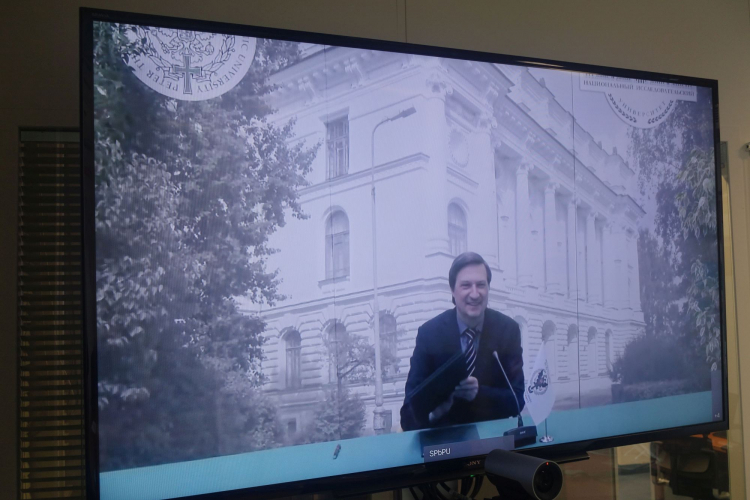Pioneering a new a pilot two-year Masters’ programme in Emergency Preparedness and Response (EPR) for nuclear and radiological emergencies, students at the Peter the Great St. Petersburg Polytechnic University in Russia are gaining hands-on experience in using EPR technologies, tools, and techniques, and will also gain thorough knowledge and understanding of how to plan, assess and respond to such situations.
The Masters’ Programme is based on a one-year curriculum that the IAEA has developed working with international experts and academics. It follows the IAEA’s safety standards which include specific information on how to ensure an adequate level of preparedness and response to a nuclear or radiological emergency.







